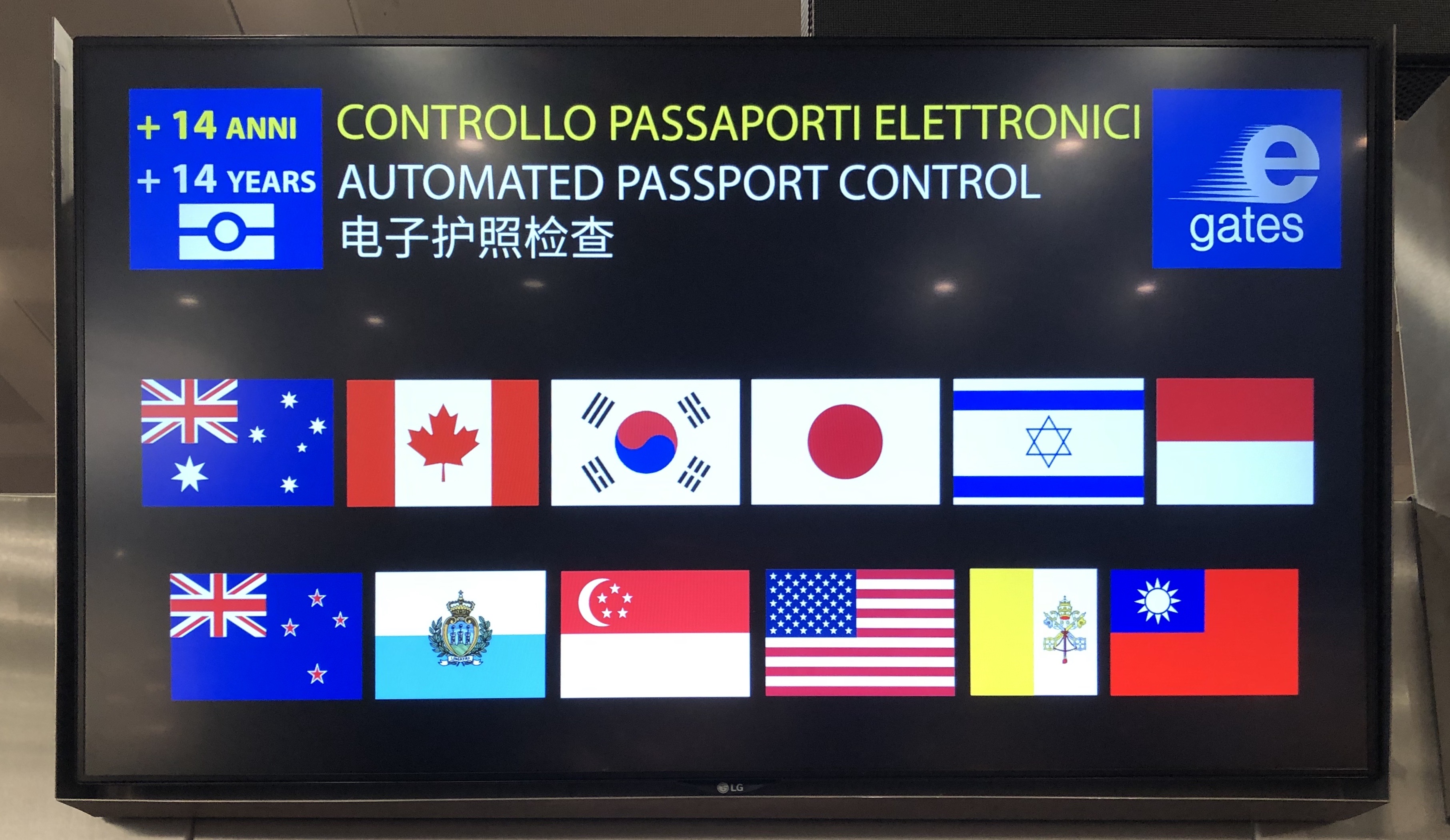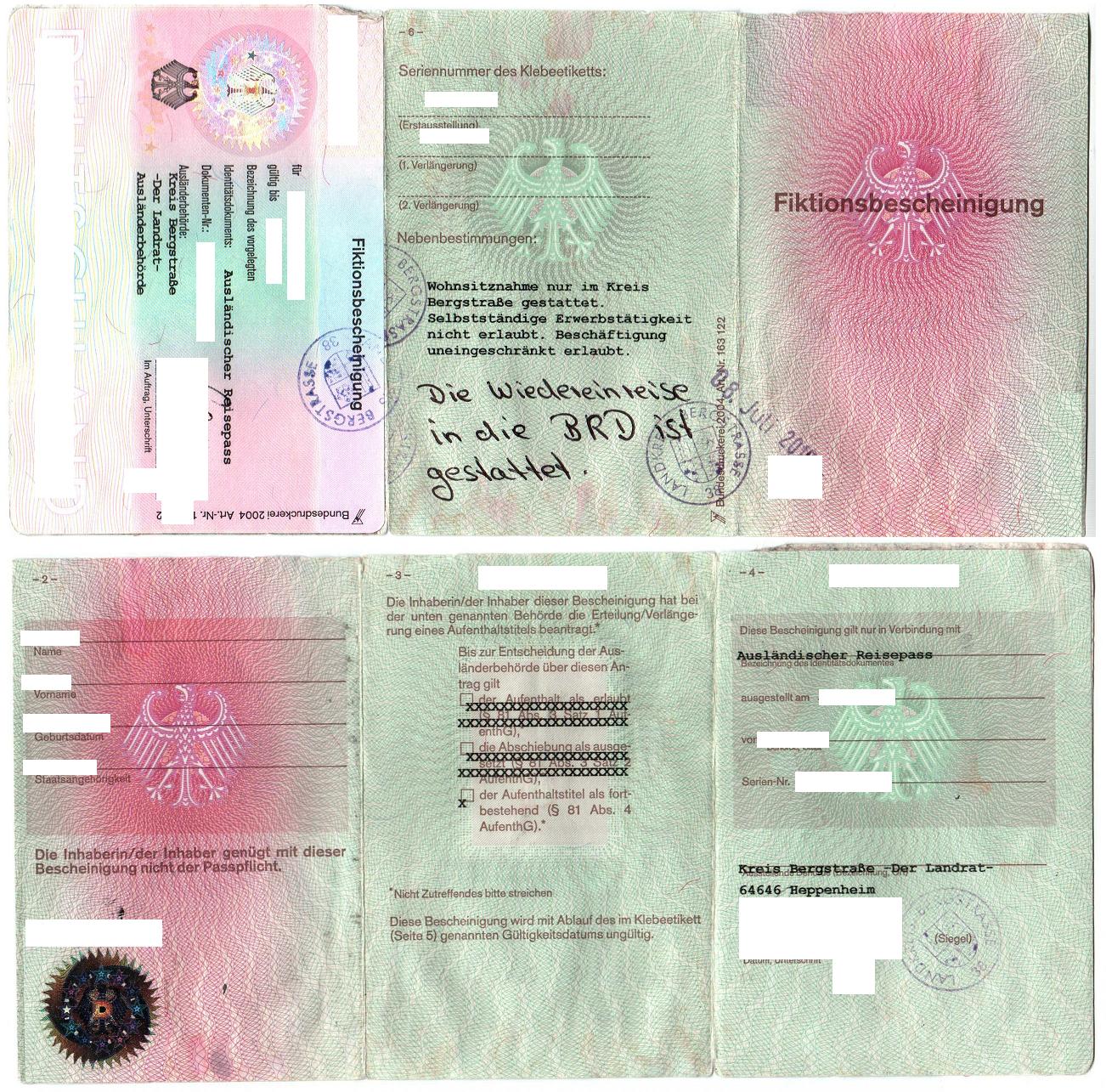Securing Residency in Germany: A Comprehensive Guide
Germany, renowned for its strong economy, high standard of living, and excellent education system, has become an attractive destination for those seeking to establish residency abroad. Whether you are planning to move for work, study, or simply start a new chapter in your life, navigating the process of securing residency in Germany can be complex and daunting. In this comprehensive guide, we aim to demystify the various pathways, requirements, and steps involved in obtaining residency in Germany, ensuring that you have all the information you need to successfully navigate this crucial procedure. From visa applications to understanding the legal frameworks, we will provide you with a detailed overview of the necessities, enabling you to make well-informed decisions and embark on your journey to securing residency in Germany with confidence.

Eligibility Criteria for Residency in Germany
Germany is known for its rich culture, vibrant economy, and high standard of living, making it an attractive destination for people looking to relocate. However, before considering residency in Germany, it is essential to understand the eligibility criteria and requirements that need to be fulfilled. Here are the key factors to consider:
1. Employment and Work Permits
One of the most common paths to residency in Germany is through employment. Individuals with in-demand skills and qualifications have a higher chance of obtaining a work permit, which can lead to residency. It is crucial to secure a job offer from a German employer before applying for a work permit. Keep in mind that work permit requirements may vary based on your country of origin.
2. Studying in Germany
Germany is renowned for its exceptional education system, offering numerous opportunities for international students. Pursuing higher education in Germany can be a stepping stone toward obtaining residency. To be eligible, prospective students need to secure admission at a recognized German university or educational institution, provide proof of financial means, and obtain health insurance coverage.
3. Family Reunification
If you have close family members who are already residents or citizens of Germany, you may be eligible for residency through family reunification. This option applies to spouses, children, and dependent parents. Proof of family relationship, financial support, and adequate housing arrangements are usually required for a successful application.
4. Entrepreneurship and Self-Employment
If you have a strong business idea or plan to establish your own company in Germany, you may be eligible for a residency permit through entrepreneurship. This option typically requires presenting a detailed business plan, proof of sufficient funds, and demonstrating the potential economic benefit your venture will bring to Germany.
Remember, the may change over time, and it is always recommended to consult the official government sources or seek professional advice to ensure accurate and up-to-date information for your specific situation.

Residence Permit Options for Foreigners in Germany
Foreigners seeking to reside in Germany have several options for obtaining a residence permit. These permits serve as official documents that allow individuals to legally stay and work in the country for a specific period of time. Here are some of the most common residence permit options available:
1. Student Residence Permit: If you are planning to pursue higher education in Germany, applying for a student residence permit is essential. This permit allows you to stay in Germany for the duration of your studies, giving you the opportunity to immerse yourself in German culture and education. Remember to gather all the necessary documents, such as proof of admission from a recognized German educational institution, valid passport, and financial resources to cover your stay.
2. Work Residence Permit: Individuals who have secured a job offer in Germany can apply for a work residence permit. This permit allows you to work and reside in the country for a specific employment period. To be eligible, you will need to provide documentation such as a work contract, proof of qualifications and experience, and a valid passport. It’s worth noting that work permits may have restrictions based on the particular job or industry.
3. Family Reunion Residence Permit: If you have close family members who are already residing in Germany, you may be eligible for a family reunion residence permit. This permit aims to reunite families by allowing foreign nationals to join their relatives in Germany. To apply, you must provide documents proving the family relationship, such as marriage or birth certificates, along with a valid passport.
4. EU Blue Card: For highly skilled professionals outside of the European Union, the EU Blue Card is an attractive option. This permit grants unrestricted access to the German job market, allowing individuals to work and reside in the country. To qualify, you must have a recognized university degree, a job offer with a high salary, and meet certain German language proficiency requirements.
These are just a few of the residence permit options available in Germany. The process for obtaining a residence permit can be complex, and it is advisable to consult with the local immigration authorities or seek professional assistance to ensure a smooth application process. Remember to familiarize yourself with the specific requirements for your chosen permit and gather all necessary documents to increase your chances of a successful application.

Understanding the Application Process for Residency in Germany
Application Process for Residency in Germany
When considering the possibility of relocating to Germany, understanding the application process for residency is crucial. Here’s a comprehensive breakdown of the steps involved:
1. Gather Required Documents
Before starting the application process, ensure you have all the necessary documents. This may include:
- A valid passport with at least six months remaining
- A completed visa application form
- Proof of health insurance coverage
- Evidence of financial stability or a letter of sponsorship
- Proof of accommodation arrangement
- Copies of educational degrees and certificates
2. Visit the German Embassy or Consulate
Once you have gathered all the required documents, it’s time to schedule an appointment at the German Embassy or Consulate in your home country. During the appointment, you will submit your application and have your biometric data taken, such as fingerprints and photographs. Be prepared to pay the necessary fees at this stage.
3. Await Processing and Interview
After submitting your application, it will undergo a thorough review process. This may take several weeks, so be patient. If your application is approved, you will be invited for an interview to further assess your intent to reside in Germany. This interview will focus on your reasons for relocating, your financial situation, and your knowledge of the German language.
Once all the necessary checks have been completed and you have successfully passed the interview, you will be issued a residency permit, allowing you to legally reside in Germany. Congratulations, and welcome to your new home!
Tips for Gathering the Required Documentation for Residency Application
When applying for residency, it is vital to ensure that you have all the necessary documentation in order to avoid any delays or complications in the process. Here are some helpful tips to help you gather and organize the required documents:
- Review the application checklist: Begin by carefully reviewing the residency application checklist provided by the relevant authority. This will give you a clear understanding of the documents required for a successful application.
- Start early and stay organized: Begin the document gathering process well in advance to allow yourself sufficient time to locate, prepare, and organize the required paperwork. Keeping a checklist or using a folder system can help you stay organized.
- Identify essential documents: Take note of the key documents required, such as your passport, birth certificate, educational transcripts, and any professional certifications. Ensure these are readily available and up to date.
Additionally, pay attention to any additional documents that may be specific to your residency application, such as character references, proof of financial stability, or medical records.
- Validate document requirements: It is crucial to understand the specific format, size, and language requirements for each document. Some authorities may require documents to be translated or notarized, so ensure you comply with these guidelines to prevent any unnecessary delays.
- Create a comprehensive checklist: Compile a detailed checklist that includes each document required, its status (collected, in progress, or pending), and its submission deadline. Regularly review and update this list to keep track of your progress.
- Make copies and backups: It is important to make copies of all documentation and keep them in a secure location. Additionally, consider creating digital backups of important files in case of loss or damage.
By following these tips, you will be well-prepared to gather the required documentation for your residency application. Remember, attention to detail and organization are key to a successful application process.
Navigating the Health Insurance Requirement for Residency in Germany
In Germany, health insurance is a mandatory requirement for individuals applying for residency. It is important for anyone planning to live and work in Germany to understand the intricacies of the country’s health insurance system. Navigating through the process can seem daunting, but with the right information, it becomes much more manageable.
When it comes to health insurance options in Germany, there are two main categories: public and private. Public health insurance, known as Krankenkasse, is available to the majority of residents and offers comprehensive coverage at affordable rates. Private health insurance, on the other hand, is typically reserved for individuals with high incomes or specific professions.
It is essential to note that as a resident in Germany, you are required to have health insurance coverage that meets the country’s strict standards. To fulfill this requirement, you must provide proof of health insurance during the residency application process. Whether you opt for public or private health insurance, it is vital to ensure that your plan meets all the necessary criteria.
When choosing your health insurance provider, consider the following factors:
- Level of coverage and services provided
- Monthly premiums and co-payments
- Ability to access preferred doctors and hospitals
- Add-on options, such as dental or maternity coverage
Germany takes healthcare seriously, and its well-regulated system ensures that residents receive top-notch medical services. By understanding the health insurance requirements and making an informed decision, you can navigate the residency process in Germany with confidence.
Important Considerations for Long-Term Integration in Germany
When considering long-term integration in Germany, there are several key factors that individuals should take into account. By understanding and addressing these considerations, the process of adapting to a new culture and building a successful life in Germany can be made smoother and more fulfilling.
Educational Opportunities: Germany offers a wide range of educational opportunities, from primary and secondary schools to world-renowned universities. Researching and choosing the right educational path can greatly enhance integration, as it provides a platform for learning the language, meeting locals, and acquiring valuable skills.
Language Proficiency: Proficiency in the German language is essential for effective integration. Applying oneself to learn German is crucial for navigating daily life, fostering relationships, and engaging with the local community. Joining language courses, participating in language exchange programs, and practicing conversations with native speakers can significantly improve language skills.
Cultural Awareness: In order to successfully integrate, it is important to familiarize oneself with German customs, traditions, and social norms. Embracing cultural diversity and showcasing respect towards local traditions can help build strong connections and foster a sense of belonging within the community. Participating in cultural events, festivals, and local activities are great ways to immerse oneself in the German culture.
- Employment Opportunities: Understanding the job market and employment regulations in Germany is vital for long-term integration. Researching industries, networking, and staying up-to-date with labor laws will increase the chances of finding suitable employment and building a successful career.
- Social Support Systems: Germany provides a comprehensive social welfare system. Familiarizing oneself with the available support systems such as healthcare, social security, and housing assistance is important for a smooth integration process.
- Engaging in Volunteering: Engaging in volunteer work is not only a great way to contribute to the community but also to meet locals and build social connections. By actively participating in volunteer initiatives, individuals can gain insights into the German society, cultivate new friendships, and develop a sense of purpose in their new home.
By considering these important factors, individuals seeking long-term integration in Germany can pave a path towards a successful and fulfilling experience. Learning the language, embracing the culture, and utilizing the various support systems will undoubtedly contribute to a smooth transition and a sense of belonging within the German society.
In Retrospect
In conclusion, securing residency in Germany can be a complex process, but with the right information and guidance, it is certainly achievable. This comprehensive guide has provided you with a clear understanding of the various residency options available, along with their requirements and application procedures.
Remember, whether you are a student, a highly skilled professional, or seeking refuge, Germany offers a range of opportunities for individuals to establish a long-term residency. It is crucial to thoroughly research and familiarize yourself with the specific requirements that apply to your situation.
Throughout this article, we have emphasized the importance of careful preparation and organization, as well as the significance of gathering all necessary documents and meeting deadlines. By doing so, you will enhance your chances of success and minimize potential setbacks.
Additionally, seeking guidance and support from relevant authorities, such as the Ausländerbehörde and the Federal Foreign Office, will prove invaluable throughout your residency application process. These offices are well-equipped to address any queries or concerns you may have, ensuring a smooth and efficient experience.
Lastly, while adjusting to a new country may present challenges, it is essential to remain proactive, open-minded, and willing to embrace the cultural differences that make Germany unique. By integrating into the local community, improving your language skills, and engaging in social activities, you will not only strengthen your residency status, but also enrich your personal and professional life.
Overall, Germany offers a welcoming environment, abundant opportunities, and a high standard of living for its residents. By following the steps outlined in this guide and maintaining a positive attitude, you are well on your way to enjoying all that this remarkable country has to offer. Good luck on your journey to securing residency in Germany!





